Career Resources
Specialty Transitions: Researching the Best Options for You
PA Career Coach Jennifer Hohman frequently works with clients who are considering changing their specialty. Find out how she helps her clients find the right specialty for them through careful self-assessment, research, and networking.
Practice Partnership and Ownership
Owning a practice or other healthcare business is complex and can present special challenges for PAs. The following information can help you decide whether practice partnership or ownership is right for you.

How to Tailor Your Job Application for a Specialty Transition
Any successful career transition is rooted in self-knowledge, curiosity and a zestful movement towards what inspires you as a clinician. PAs have unique career journeys given their ability to navigate specialty transitions that can be both exciting and daunting.
Putting on Your Oxygen Mask: The Importance of Taking Care of Your Mental Health to Succeed in PA School
Mental health affects everyone from PA students to practicing PAs. Join AAPA for this webinar featuring a discussion on mental health. Learn what you can do now to and as you prepare for your PA career to take care of yourself!
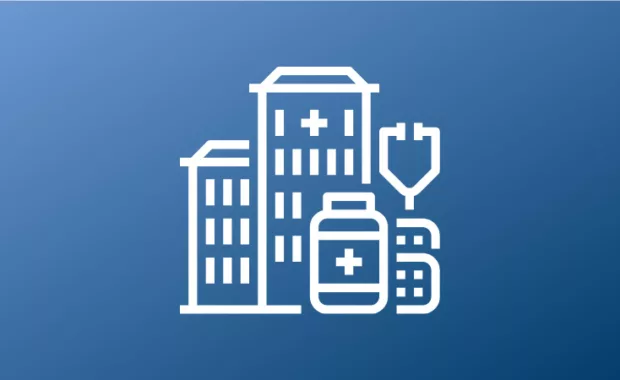
AOP Guide
Explore a new career direction or specialty with this collection of AAPA and partner resources, salary data, and CME on various practice areas, including Administration, Dermatology, Education, Emergency Medicine, Family Medicine, Hospital Medicine, Internal Medicine, Orthopaedic Surgery, Telemedicine, and Urgent Care.
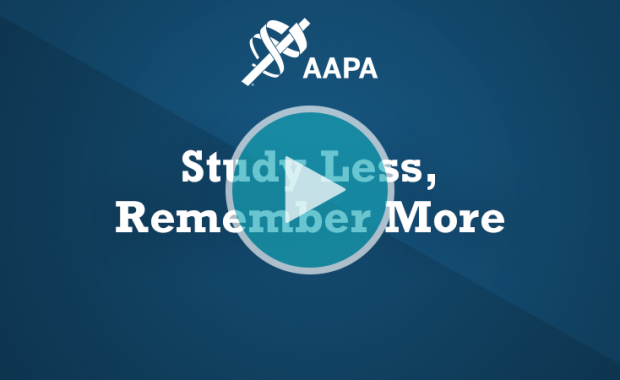
Study Less, Remember More
By focusing on the finish line from the very start, developing strong personalized study skills, and maintaining a willingness to adapt, students will learn how to feel confident on test day through both didactic and clinical years.

Drinking From a Fire Hydrant: How to Study Effectively in PA School
By focusing on the finish line from the very start, developing strong personalized study skills, and maintaining a willingness to adapt, students will learn how to feel confident on test day through both didactic and clinical years.
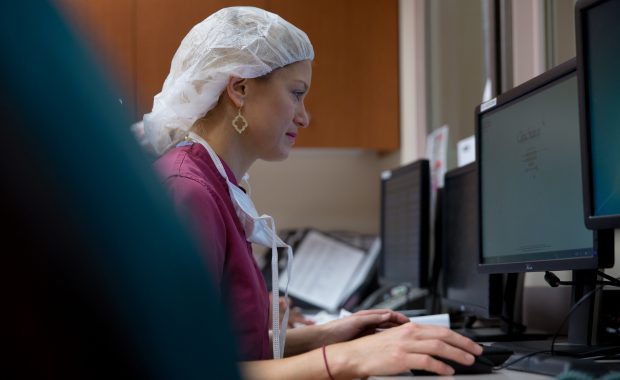
You’ve Been Hacked! Lessons Learned from a Cyber Breach
A small Texas practice’s electronic health records were hacked and held for ransom. For days, while pen and paper kept the practice going, a PA wondered whether she’d face a financial hit from the cyber breach.
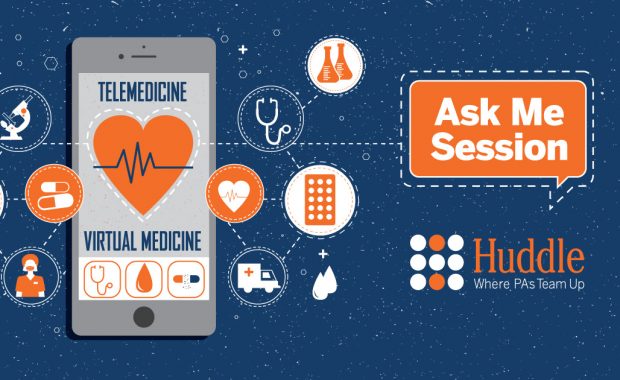
Virtual Health PAs Share Insight to Rapidly Growing Healthcare Space
Huddle’s latest Ask Me session recruited virtual medicine PAs Desmond Watt and Amanda Shelley to engage in field-related discussions with AAPA members. Virtual health, or telemedicine, is an emerging healthcare space that PAs have the opportunity to not only join, but lead.
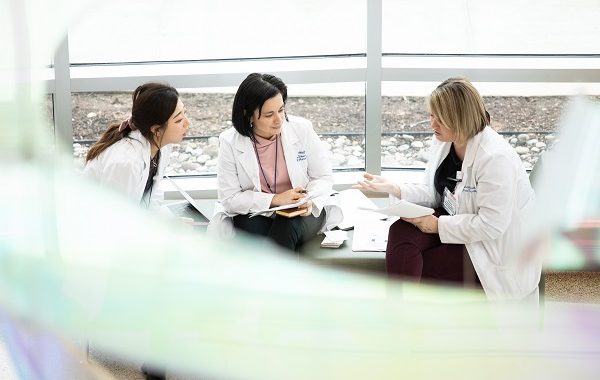
Sponsored
Why I Changed Specialties as a PA
One of the major advantages of becoming a PA is that it is relatively easy to change from one specialty to another without the need for new certification. More than 50% of PAs will change specialties during their careers, according to AAPA’s Salary Report.
Surviving Your Didactic Phase
Most PAs recall their PA education as being the most rigorous and challenging of their academic careers. The hard work will be worth it as you learn how to become an outstanding clinician.
5 Tips for PA School’s Didactic Phase
The didactic phase is the first exposure many future PAs have to the rigors, challenges, and rewards of their chosen career.
Changing Specialties
Learn about the educational resources that are available to help you switch from one specialty to another.
Patient-Centered Medical Home Recognition
The Patient-Centered Medical Home (PCMH) is a patient-focused, team-based model of healthcare delivery that provides comprehensive and collaborative care with a goal to achieve better outcomes at lower costs.
Shared Medical Appointments
Tell any provider they need to see 12 patients in one hour, and the reaction will likely be a cringe, a shudder or even a chuckle. Most providers already operate […]

